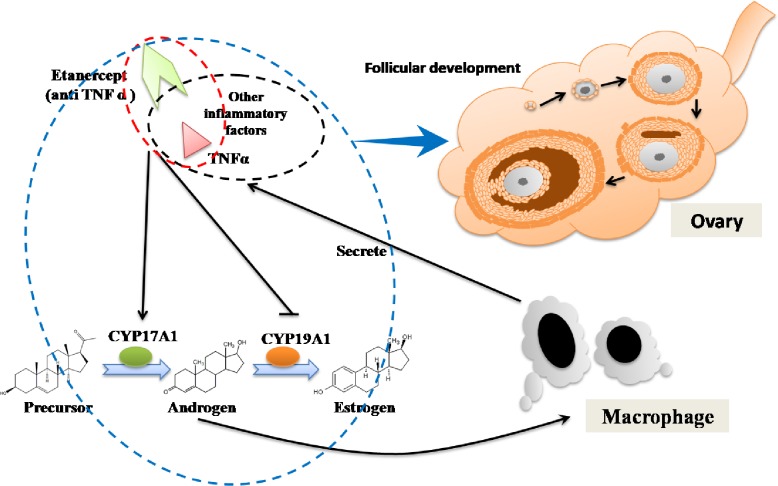Fig 8. Schematic diagram showing the possible mechanism of anti-TNF-α therapy in polycystic ovary syndrome (PCOS).
Persistent exposure to androgen promoted the secretion of TNF-α and other inflammatory factors. TNF-αsignificantly upregulated CYP17A1 and downregulated CYP19A1, the key enzymes involved in the synthesis and conversion of androgens, leading to the increased levels of androgens. Furthermore, etanercept (ETA)-mediated anti-TNF-α therapy in PCOS model significantly alleviated the abnormal hyperandrogenism, lipid recruitment, and follicular development.

